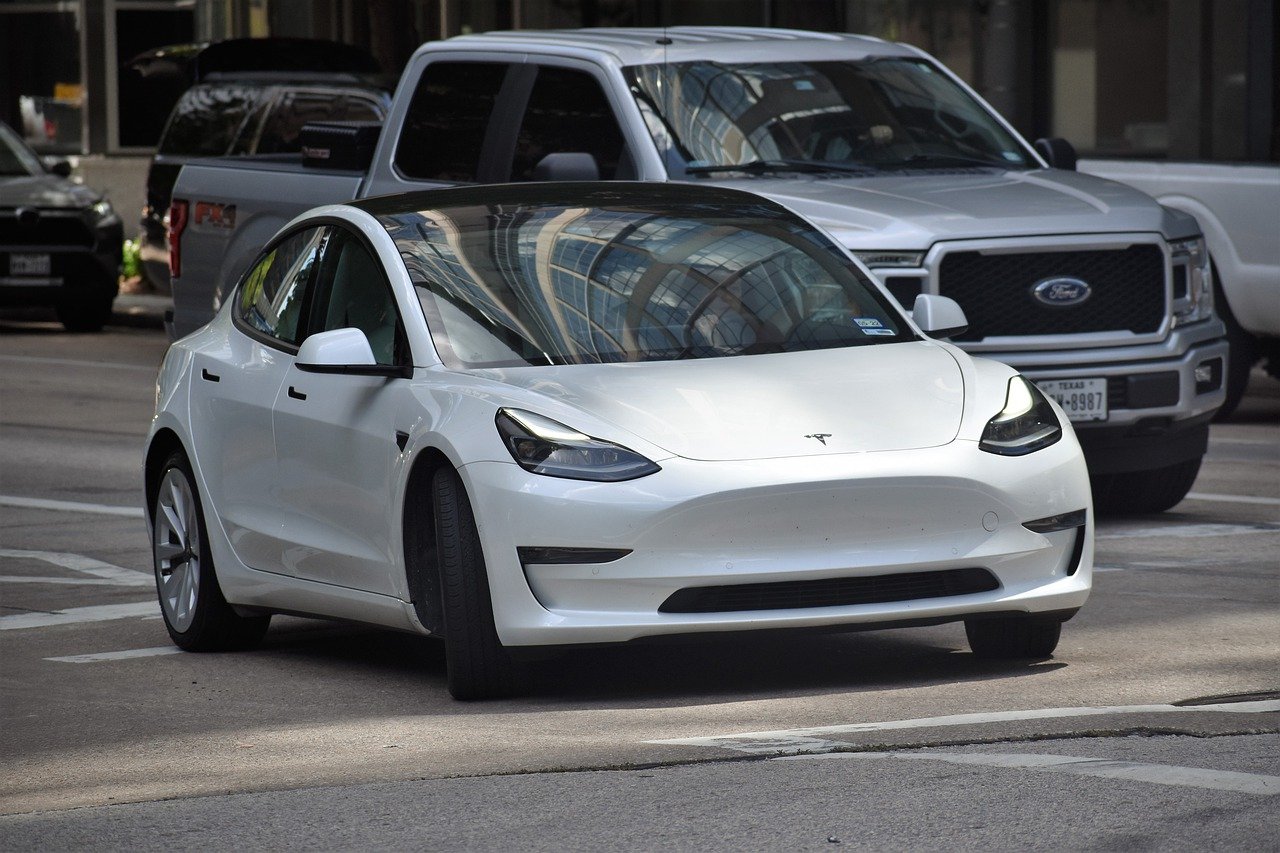The Impact of COVID-19 on Automotive Trade Shows: Gold bet 7 sign up, Radheexchange, 11xplay
gold bet 7 sign up, radheexchange, 11xplay: The Impact of COVID-19 on Automotive Trade Shows
The automotive industry is no stranger to trade shows – events where manufacturers, suppliers, and enthusiasts come together to showcase the latest innovations, technology, and vehicles. These shows are not only a breeding ground for new partnerships and collaborations but also serve as a platform for industry players to stay updated on the latest trends and developments in the automotive world.
However, the COVID-19 pandemic has thrown a wrench in the works, disrupting the traditional format of automotive trade shows and forcing organizers to rethink their strategies. In this blog post, we will explore the impact of COVID-19 on automotive trade shows and how industry players are adapting to the new normal.
The Rise of Virtual Events
With large gatherings and international travel restrictions in place to curb the spread of the virus, many automotive trade shows were either canceled or moved to a virtual format. While virtual events may lack the in-person networking opportunities and hands-on experiences of traditional trade shows, they offer a safe alternative for industry players to connect and engage with one another.
Automakers and suppliers have quickly adapted to this new reality, leveraging technology to showcase their products and services in a virtual setting. From live-streamed product launches to interactive virtual booths, companies are finding innovative ways to reach their target audience and generate leads in a digital world.
The Shift Towards Hybrid Events
As the world slowly reopens and restrictions start to ease, some automotive trade shows are exploring the concept of hybrid events – a combination of in-person and virtual experiences. These hybrid events provide the best of both worlds, allowing attendees to participate in-person or online based on their comfort level and location.
By embracing hybrid events, organizers can accommodate a wider audience while adhering to health and safety protocols. Attendees who are unable to travel due to restrictions or health concerns can still participate virtually, ensuring that no one is left out of the conversation.
Impact on Revenue and Sponsorship
The cancellation or postponement of automotive trade shows has had a significant impact on the revenue and sponsorship opportunities for organizers. With exhibitors pulling out and attendees staying home, trade shows are facing financial challenges that could have long-term implications for the industry.
Sponsors are also reevaluating their investment in trade shows, questioning the value of traditional events in a post-pandemic world. As organizers pivot to virtual or hybrid formats, they must find new ways to attract sponsors and demonstrate the ROI of participating in their events.
Challenges of Virtual Engagement
While virtual events offer a safe and convenient alternative to in-person trade shows, they come with their own set of challenges. From technical glitches to attendee engagement, organizers must navigate the digital landscape to ensure a seamless and immersive experience for participants.
One of the biggest challenges of virtual events is replicating the spontaneity and energy of in-person interactions. Without the buzz of a crowded exhibition hall or the opportunity to meet face-to-face, virtual events can feel flat and impersonal. Organizers must find creative ways to keep attendees engaged and foster meaningful connections in a virtual environment.
The Future of Automotive Trade Shows
As we navigate the uncertainties of the COVID-19 pandemic, one thing is clear – the automotive industry will never be the same. Trade shows, once the cornerstone of industry networking and promotion, have been forced to adapt and evolve in response to the changing landscape.
Whether it’s embracing virtual events, exploring hybrid formats, or reinventing the traditional trade show experience, organizers are rising to the challenge and finding new ways to connect with their audience. As we look to the future, one thing is certain – the resilient spirit of the automotive industry will prevail, driving innovation and collaboration in the face of adversity.
FAQs
Q: Are automotive trade shows still relevant in a digital world?
A: Yes, automotive trade shows continue to play a vital role in the industry, providing a platform for networking, showcasing new products, and staying updated on the latest trends.
Q: How can I participate in virtual automotive trade shows?
A: Many automotive trade shows now offer virtual options for attendees to participate online. Check the event website for more information on registration and access to virtual platforms.
Q: What are the benefits of hybrid events for automotive trade shows?
A: Hybrid events offer a balance between in-person and virtual experiences, allowing participants to engage with the event in a way that suits their preferences and circumstances.
Q: How can organizers attract sponsors to virtual trade shows?
A: Organizers can attract sponsors to virtual trade shows by offering targeted marketing opportunities, interactive virtual booths, and engaging content that showcases the value of participating in the event.







